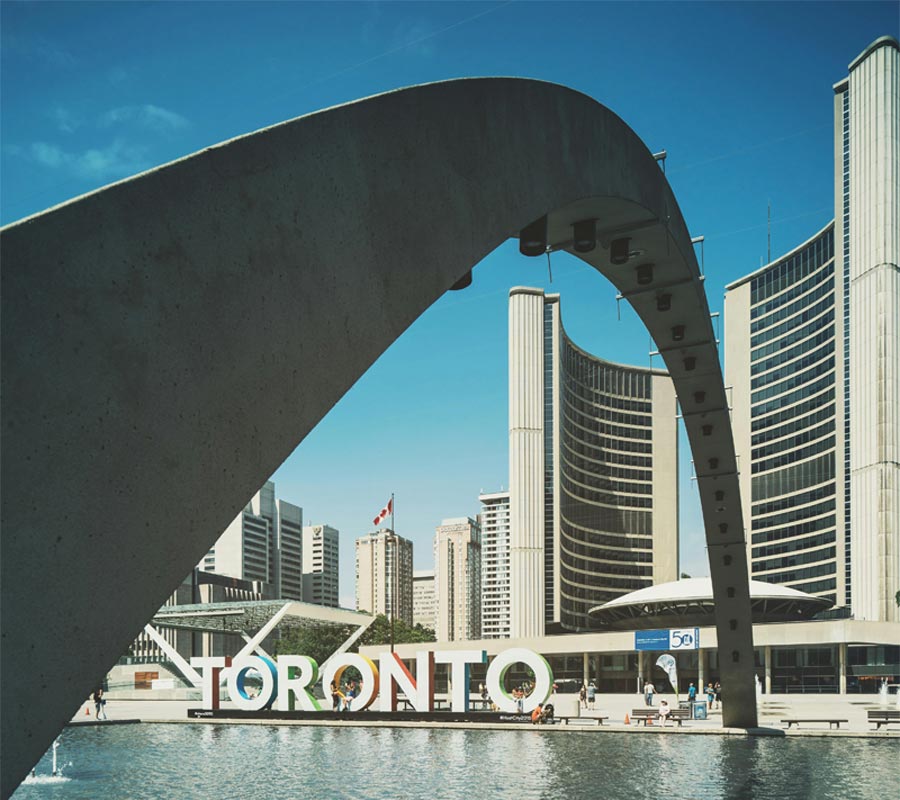Guide to practicing as a physician in Canada
Navigating medical licensure in Canada involves complex procedures and regulatory frameworks. The Canadian Hellenic Medical Society supports Hellenic medical professionals in understanding and addressing the requirements for practicing medicine in Canada, and advocates for clearer pathways and improved recognition of qualifications for those relocating from Greece.

1.
After Secondary School
Canada does not offer direct-entry medical education from high school. All medical schools require completion of at least two years of post-secondary education, though most applicants hold a bachelor’s degree.
2.
After Post-Secondary Education
Applicants must be Canadian citizens or permanent residents to apply to most medical schools. Many schools require the MCAT, though it is not mandatory for all 18 institutions. Admission remains highly competitive.
3.
After Medical School
Graduates apply for residency training through the Canadian Resident Matching Service (CaRMS), which has two streams:
- Canadian Medical Graduates (CMGs)
- International Medical Graduates (IMGs)
Residency eligibility requires Canadian citizenship or permanent residency. Most IMG positions are only available in the second iteration of CaRMS, though some provinces may offer a small number of IMG-designated spots in the first round.
Residencies awarded to IMGs often come with Return of Service (ROS) agreements, requiring the physician to practice in underserved or rural areas (not large urban centers like Toronto or Vancouver) for 2–5 years. Full licensure may depend on completing the ROS.
4.
After Residency or Fellowship
Entry into fellowship training is available to both Canadian and international specialists. Permanent residency is not required to undertake a fellowship in Canada. However, most international fellows must:
- Obtain institutional or home-country sponsorship (or self-fund)
- Work under restricted licensure, usually without independent billing privileges
After fellowship, foreign-trained physicians can apply for licensure if they:
- Secure permanent residency
- Meet provincial licensing criteria
- Often continue work in academic settings or underserved communities before transitioning to independent practice